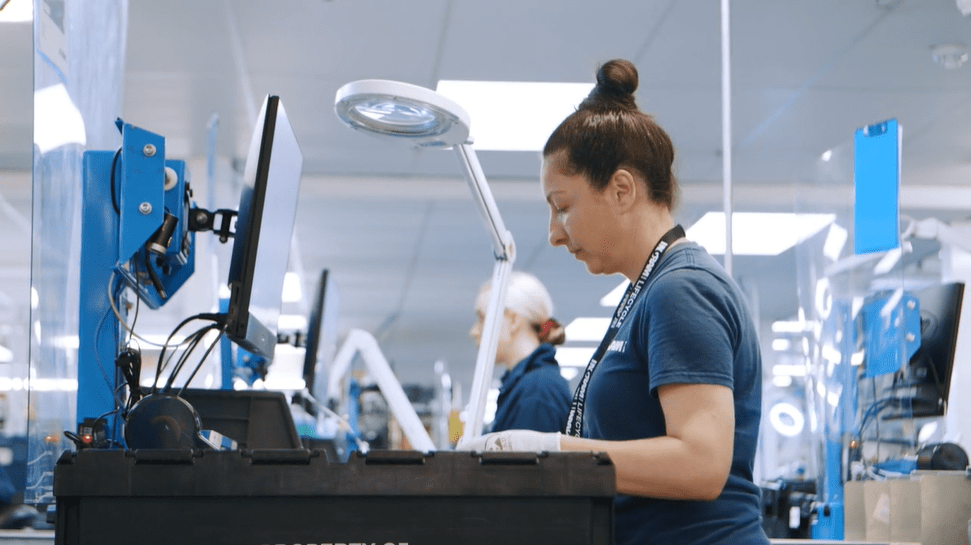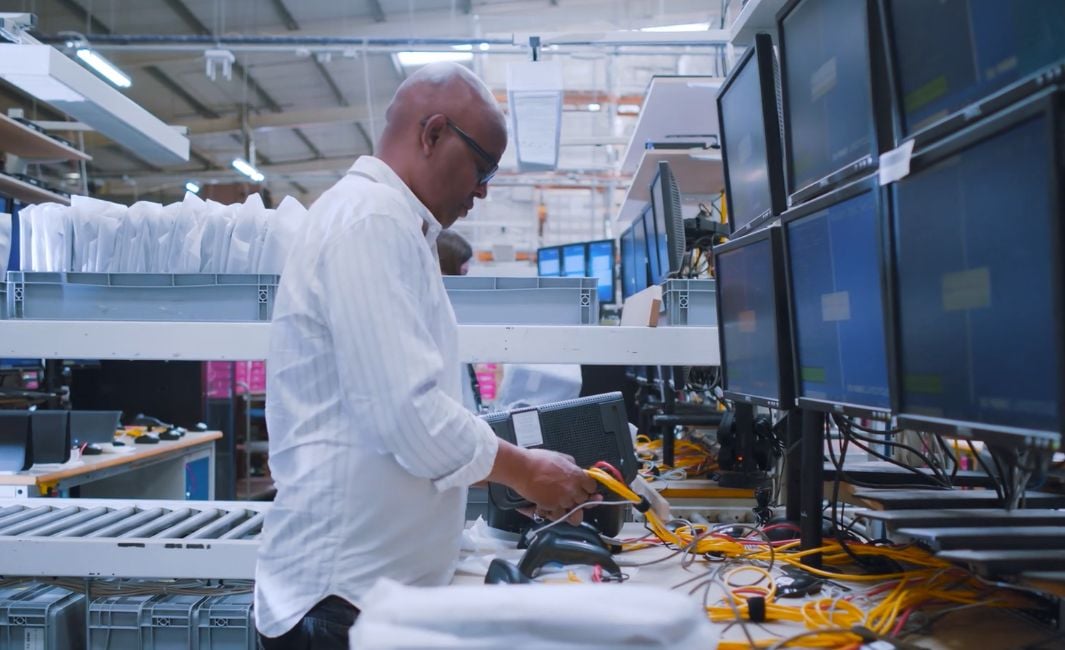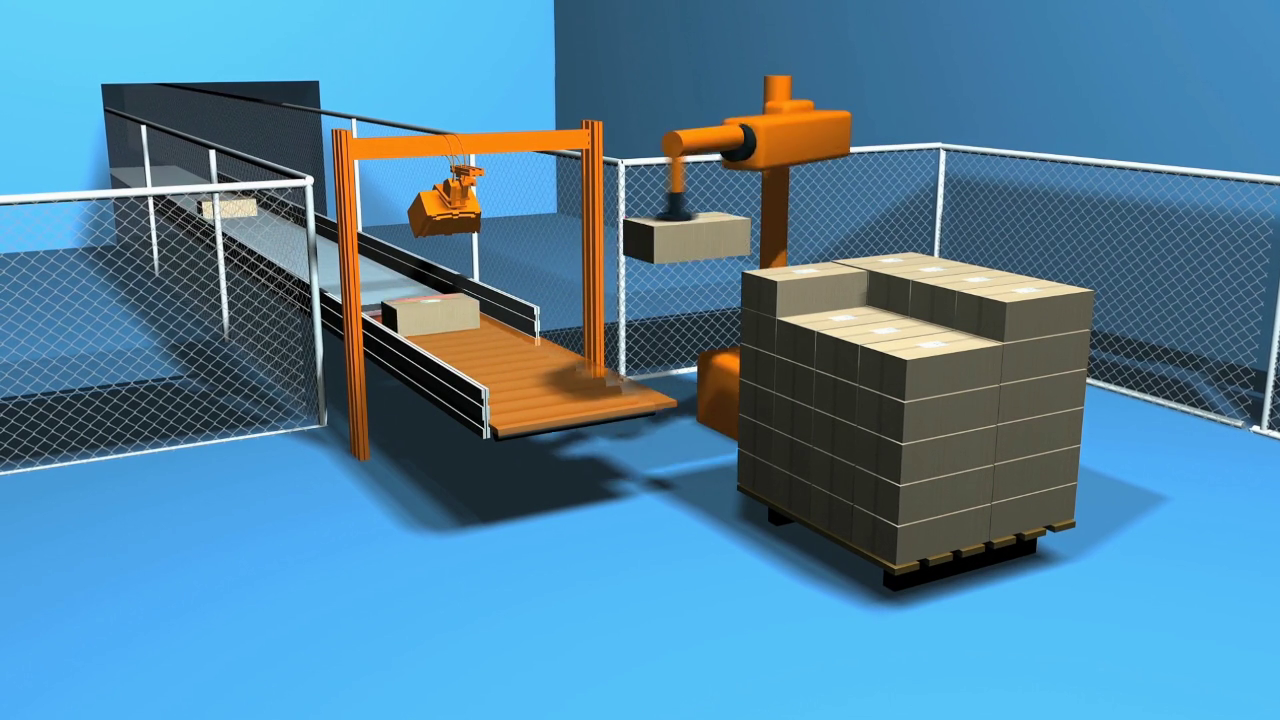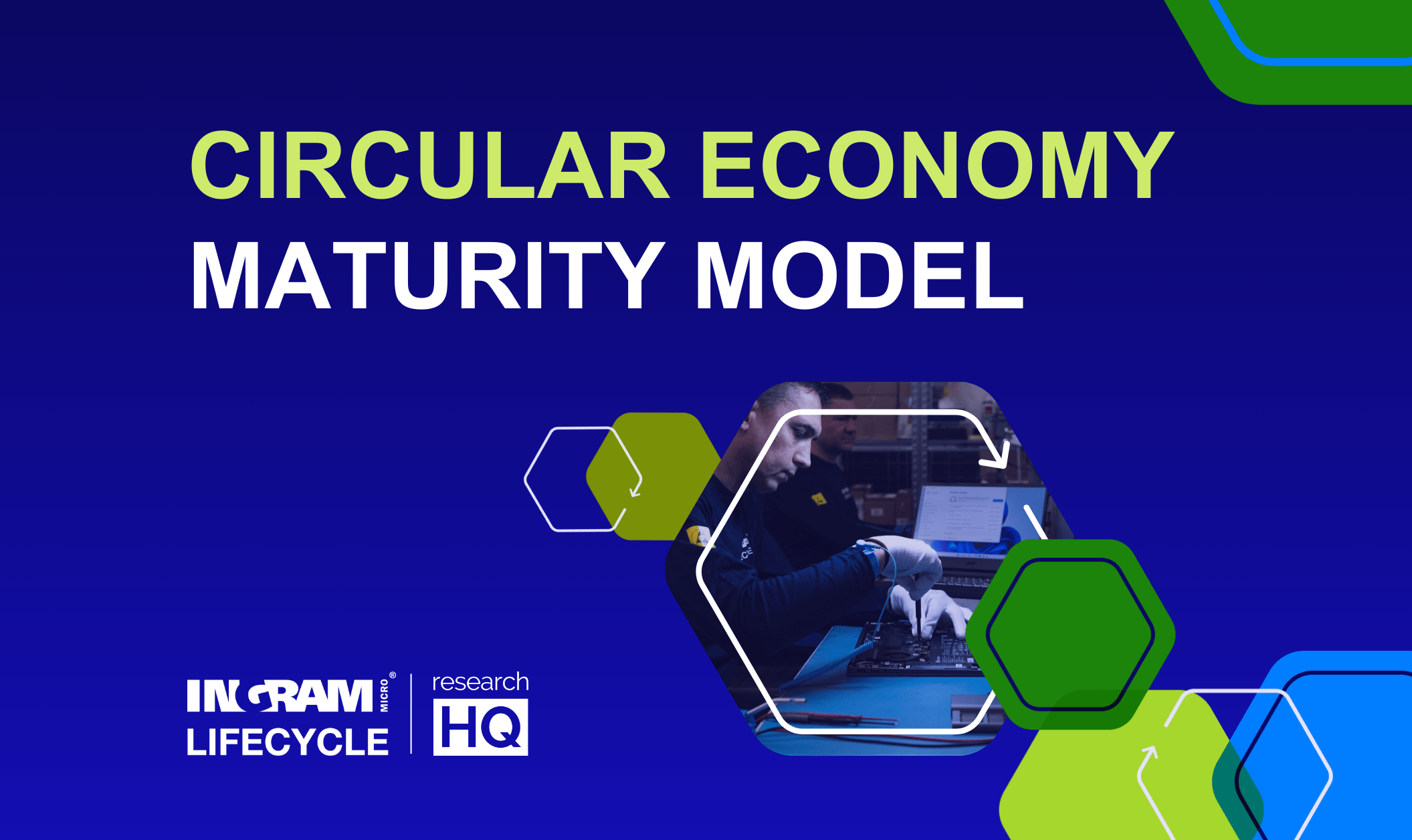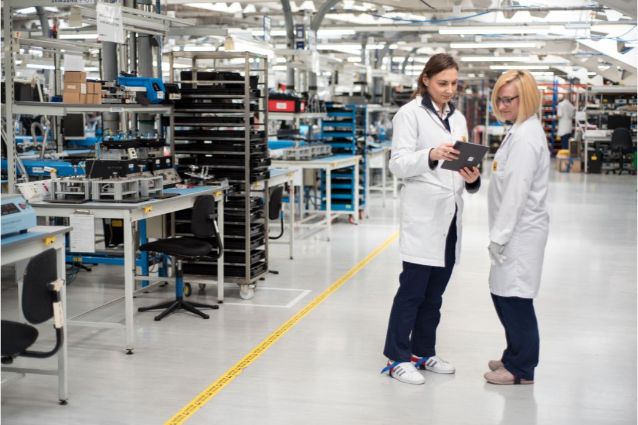Certifications for reverse logistics services are incredibly important. Without them, there is no way to ensure your IT assets are being handled, managed, and disposed of properly. You need to know that the services you use are compliant with the right certifications.
Service providers that aren’t certified may mishandle your property. This can lead to damage to your reputation and data security breaches, among other risks. But with so many different certifications out there, how do you know which ones to look out for?
Ingram Micro Lifecycle operates globally to enable a circular economy for our customers. As such, we hold a variety of certifications in different territories. Audits occur yearly to ensure our compliance with these high standards.
Solutions can’t take a “one-size fits all” approach. All service providers need to regularly check that their services fall within requirements. We list some of the most widely accepted certifications for technology reverse logistics below.
But first, what does it mean to be certified?
Rest assured that when partners are certified, they’ve been properly assessed by the relevant awarding bodies. This audit checks their processes meet a specified list of requirements and standards.
As with laws, certifications may differ from nation to nation. Different awarding bodies will have different jurisdictions. Depending on your area of operation, different standards may apply.
9 technology industry certifications you should know about
Below, we alphabetically list the certifications that apply within the reverse logistics industry.
DIN 66399-9
This standard, which is valid and recognized in Germany, specifies how data-containing material must be destroyed.
This ensures that the data is destroyed to a high standard and cannot be recovered easily or at all.
It also classifies data according to its importance, which determines the extent of destruction required.
ElektroG
The ElektroG transposes the European WEEE Directive 2012/19/EU into German law.
It regulates the placing on the market, taking back, and environmentally-sound disposal of electrical and electronic equipment.
It makes resellers, importers, and manufacturers responsible for the end-of-life of these goods.
eStewards
Owned and administered by the Basel Action Network (the acting watchdog for the Basel Convention), eStewards sets a standard for the ethical and responsible reuse, recycling, and disposition of electronics.
Since it began in 2003, a range of stakeholders, experts, and leaders in the field have evolved it to keep up with the developing sustainability needs of the planet.
This certification is a comprehensive set of performance requirements for the ITAD industry, ensuring the highest social and environmental protection.
ISOs
The International Organization for Standardizations (ISO) is an independent organization that develops certifications to deliver environmental, social, and governance solutions on a global scale.
They propose thousands of different standards spanning nearly all aspects of technology and manufacturing. The following are of importance in our sector.
ISO 14001:2015 Environmental Management ensures that companies’ internal environmental management systems are up to par with global standards, providing equity in every space that companies contribute to the environmental pillar of sustainability.
ISO 22301:2019 Business Continuity Management helps organizations maintain and improve management systems that protect against, reduce the occurrence of, prepare for, and recover from disruptions while maintaining a predetermined level of functioning.
ISO 27001:2013 Information Security Management better equips companies with the secure management of assets, such as confidential and financial information, as well as intellectual property.
ISO 45001:2018 Occupational Health and Safety Management offers requirements to improve employee safety, reduce workplace risks, and create better, safer working conditions.
ISO 50001:2018 Energy Management Systems gives structure for establishing, implementing, and maintaining an energy management system to improve energy performance.
ISO 9001:2015 Quality Management Systems enforces quality management systems across any size organization and helps to provide customers with consistent products and services.
NAID AAA
The National Association of Information Destruction is an international consumer protection organization that certifies companies in adhering to the highest security and ethical standards in the information destruction industry.
NAID is a division of i-SIGMA (International Secure Information Governance and Management Association).
Their standards pertain to over 20 operational security requirements and demand operations adhere to strict requirements when handling and recycling data-bearing devices.
PAS 99:2012
The first global specification for the management of integrated systems. This is a framework to support the internal use of multiple management systems.
These systems may include ISO 9001 Quality Management and ISO 14001 Environmental Management, among others.
This helps improve efficiencies, streamline objectives, and save resources.
Responsible Recycling (R2)
The world’s most widely adopted standard, Responsible Recycling, also known as R2, provides a common set of criteria to recognize responsible reuse and recycling practices throughout electronics’ lifecycles, primarily end-of-life.
Overseen by Sustainable Electronics Recycling International (SERI), their certification acts as a formal tool that companies can integrate for the ongoing evaluation and monitoring of their operations and their ITAD methods.
By pairing with R2, companies are better set up to navigate the world’s progressive sustainability needs and practices.
TAPA
This Transported Asset Protection Association standard covers security requirements, mitigating the risks associated with the loss or theft of goods at different points in the logistics chain.
There are different branches to this certification, including Facility Security Requirements (FSR), Trucking Security Requirements (TSR), and Parking Security Requirements (PSR).
Overall, there are three grades to the security level provided under the TAPA framework:
A – elevated
B – moderate
C – standard
WEEELABEX
Functioning as an international, non-profit legal entity, the Waste of Electronic and Electric Equipment’s Label of Excellence sets out e-waste standards as well as operating as a powerful auditing body.
Concerning the collection, sorting, storage, transportation, preparation for re-use, treatment, processing, and disposal of all kinds of e-waste, WEEELABEX harmonizes these standards into a set of rules and procedures to follow for those certified.
Get on track for compliance
While these are the most recognized standards, this is not an exhaustive list. As technology is developing at a rapid pace, the standards and regulations in the industry will evolve too.
Keep on top of the standards that will ensure your processes and partners are compliant and mitigate possible risks.
You can check out the certifications the Ingram Micro Lifecycle individual sites hold on our dedicated locations page or see a full list.
If you have any questions about the standards we operate to, reach out to our team using the button below.



